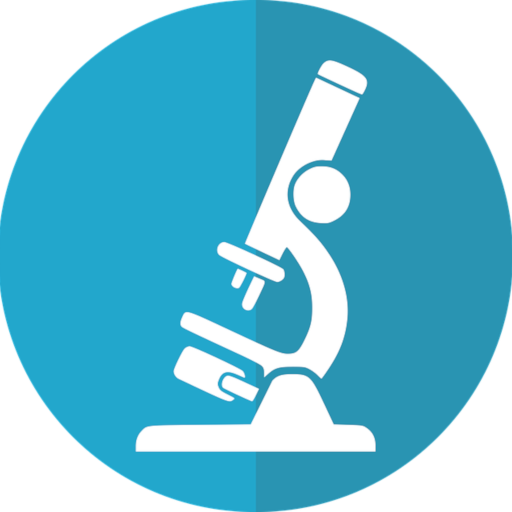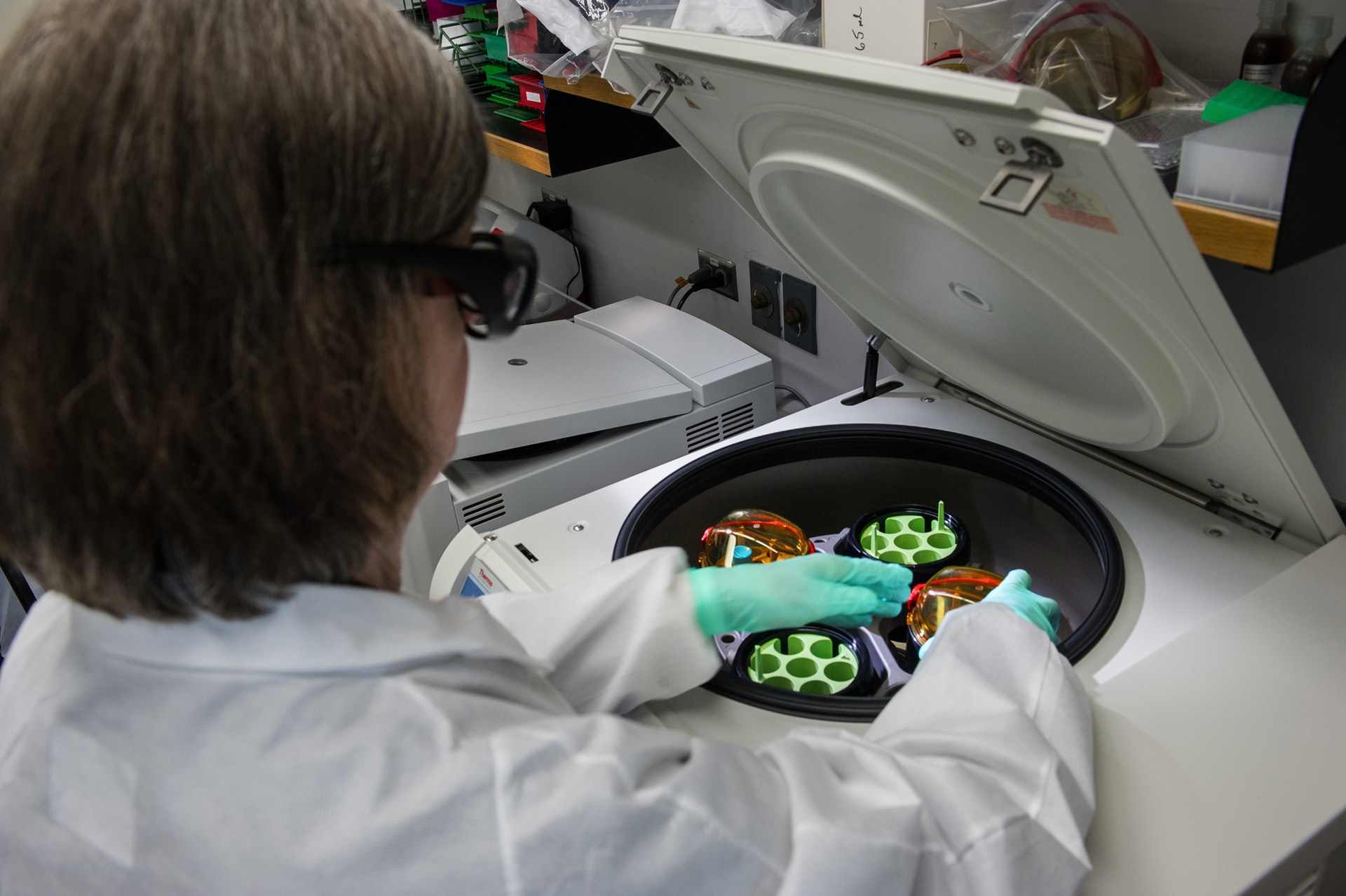There are many different medical laboratory careers from which to choose, with requirements ranging from a high school diploma to a doctorate degree.
| Job Title | Summary of Tasks | Minimum Degree Requirement | Certification Credentials |
| Phlebotomist (Phlebotomy Technician) | Works directly with patients to collect blood samples through venipuncture or dermal puncture; processes all sample types for analysis. | High School Diploma | PBT |
| Medical/Clinical Lab Assistant (or Lab Support) | Receives specimens in the medical laboratory and prepares them for analysis. Performs clerical tasks and provides support for clinical testing. Occasionally, may perform certain waived tests. Some assistants work in Pathology and aid in the receipt and preparation of samples for Cytology and Histology. | High School Diploma | MLA or CLA |
| Medical Laboratory Technician | Performs moderate- and high-complexity testing on blood, body fluid, tissue, and other specimens. Must have a MT or MLS on-site or available if performing blood banking or certain microbiology testing. | Associate’s Degree | MLT |
| Medical Technologist | Performs moderate- and high-complexity testing on blood, body fluid, tissue, and other specimens. Interprets diagnostic test results to ensure | Bachelor’s Degree | MT |
| Medical Laboratory Scientist | Performs moderate- and high-complexity testing on blood, body fluid, tissue, and other specimens. | Bachelor’s Degree | MLS |
| Histology Technician | Prepares thin slices of tissue and performs staining procedures on these tissues for microscopic examination by a Pathologist. | Associate’s Degree | HT |
| Histotechnologist | Prepares thin slices of tissue and performs staining procedures on these tissues for microscopic examination by a Pathologist. Often assumes more of a supervisory role. | Bachelor’s Degree | HTL |
| Cytotechnologist | Analyzes cellular samples (under the direction of a Pathologist) from all body sites, to ascertain the presence of cancer, pre-cancerous changes, and infectious agents. | Bachelor’s Degree | CT |
| Pathologists’ Assistant | Performs gross exam and dissection of surgical specimens for pathology, under the direction of a Pathologist. Performs postmortem examinations. | Bachelor’s Degree | PA |
| Doctorate in Clinical Laboratory Sciences | Acts as consultant and liaison between the clinical laboratory and clinicians treating the patient. | PhD | DCLS |
In addition to these positions, there are also supervisory and management positions, as well as specialist positions in specific areas of the laboratory (hematology, chemistry, microbiology, blood bank, molecular biology, cytotechnology, and cytometry).
If you have experience as a medical laboratory professional and an interest in education, you may be interested in becoming a clinical instructor or an educational program director. These positions typically require a number of years experience prior to attainment, with some requiring a master’s degree.
Certification and Licensure
While some positions in the Clinical/Medical laboratory may be able to be acquired with a high school diploma, most medical laboratories in the U.S. now require individuals to attain certification by a nationally recognized certifying organization (American Society for Clinical Pathology or American Medical Technologists).
In addition to certification, there are currently 10 states in the U.S. that require licensure (CA, FL, GA, HI, LA, MT, NV, NY, TN, WV). Puerto Rico also requires licensure. Both certification and licensure recognize that specific standards and criteria are met by individuals. However, licensure is typically more stringent than the standards established by certification organizations.
While some employers will allow individuals to work without certification, it is illegal to work without a license in U.S. states requiring licensure. For more detailed information on licensure requirements, please visit the licensure page on the American Society for Clinical Laboratory Sciences (ASCLS) website.
Selecting a medical/clinical laboratory professional school or program
It is very important to look for accredited schools and programs. Accreditation ensures that programs maintain high educational standards. The gold standard of program accreditation is the National Accrediting Agency for Clinical Laboratory Sciences (NAACLS). Visit the NAACLS website for a list of accredited programs and contact information.
Videos of Medical Laboratory Professions
Please check out these videos to get a better understanding of the various professions in the medical/clinical laboratory.
Disclaimer: Med Lab Study Hall is not affiliated with any specific laboratory career school or program and does not promote any specific hospital, school, or facility shown in these videos. Our purpose is simply to convey different jobs and tasks within the lab and to promote medical/clinical laboratory careers as a whole.


This is awesome! Thanks for promoting the lab professions! I am an MLS program director in Akron, Ohio. If you need help writing blog posts, please reach out to MLSProgram@akronchildrens.org. I would be happy to help!
Thanks so much for your thoughtful and supportive comment! I am just now starting to look for volunteers that are interested in contributing to the Med Lab Study Hall blogs. If this is something you are serious about, let’s chat about details. I would welcome any ideas you have!